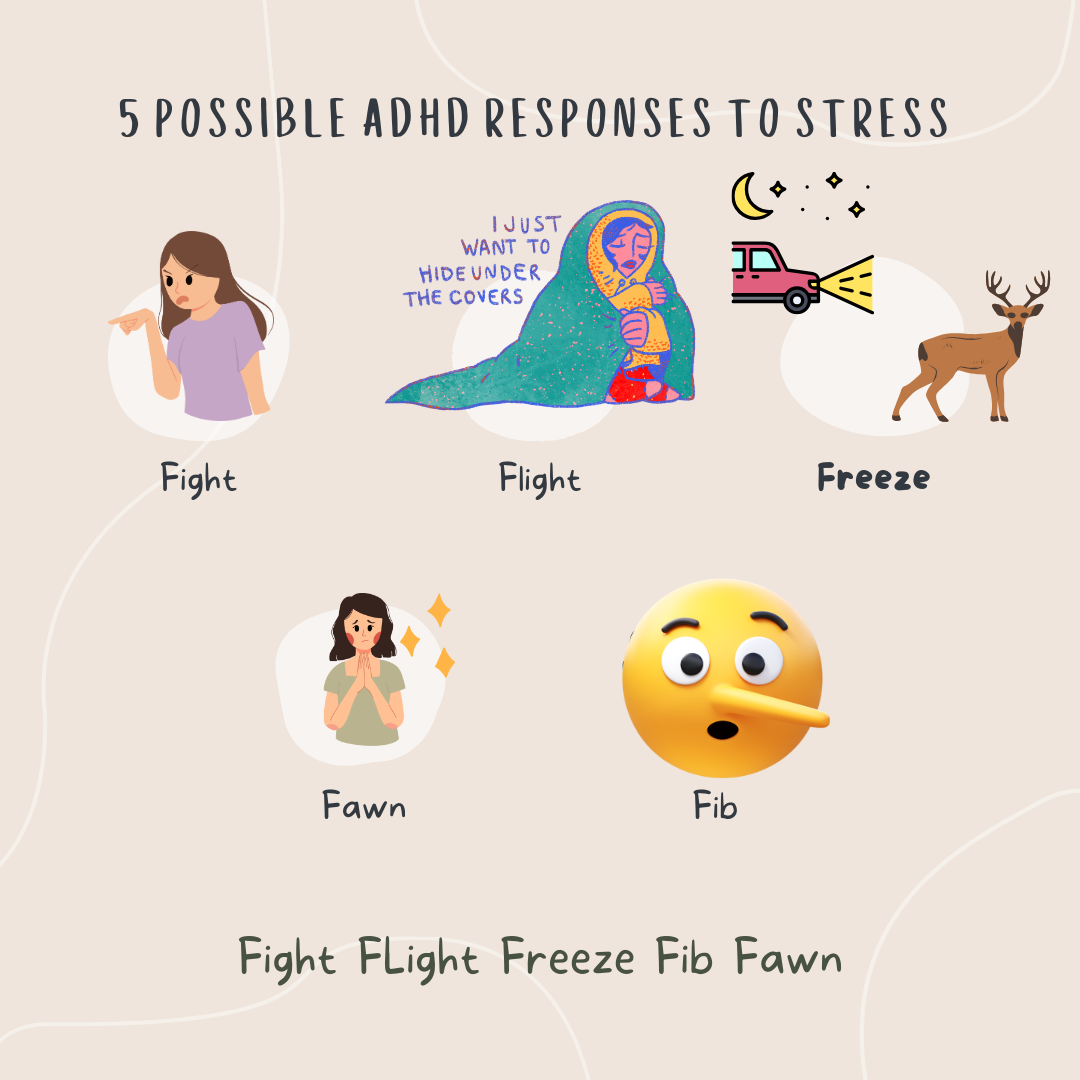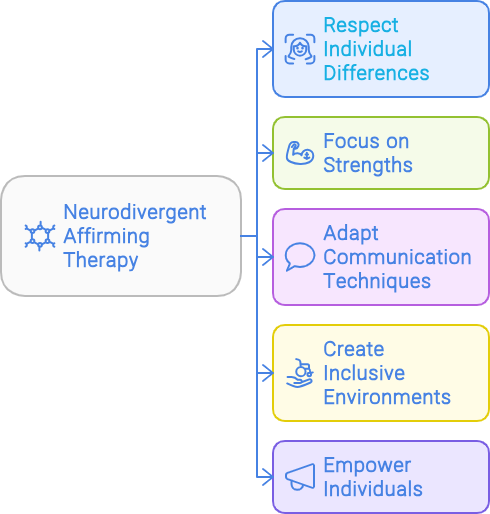Understanding Delayed Sleep Phase Syndrome (DSPS) and Its Connection to ADHD

Are you struggling with delayed phase sleep syndrome and adhd? If you have trouble falling asleep and waking up at conventional times, you might be. If you have ADHD, this might be more than just a night owl tendency. You might be dealing with Delayed Sleep Phase Syndrome (DSPS), a common issue among neurodivergent individuals. Let’s explore what DSPS is, how prevalent it is, especially among those with ADHD, and how it impacts daily life.
What is Delayed Sleep Phase Syndrome (DSPS)?
DSPS is a circadian rhythm sleep disorder where a person's sleep-wake cycle is delayed by two or more hours compared to the typical pattern. This means that someone with DSPS might naturally feel sleepy around 2-6 AM and wake up between 10 AM and 2 PM. This delay can make it challenging to adhere to standard schedules for work, school, or social activities.
Prevalence of Delayed Sleep Phase Syndrome and ADHD
General Population:
DSPS affects about 0.13% to 0.17% of adults. However, this could be an underestimation since many cases go undiagnosed or are misattributed to other sleep disorders or lifestyle choices.
Adolescents and Young Adults:
DSPS is more common in teenagers and young adults, with studies suggesting that 7% to 16% of teens may experience symptoms. This higher prevalence is often linked to biological changes during puberty and increased use of electronic devices late at night.
Individuals with ADHD:
DSPS is particularly prevalent among those with ADHD. Research indicates that up to 73% of adults with ADHD report at least one sleep disorder, with many experiencing symptoms characteristic of DSPS. This significant overlap suggests a strong connection between ADHD and circadian rhythm disorders.
Characteristics and Impact of Delayed Sleep Phase Syndrome on ADHD Women
Sleep-Wake Cycle:
People with DSPS naturally fall asleep and wake up much later than the conventional times due to a delay in their internal biological clock. This makes it difficult to align with societal norms.
Daily Functioning:
The misalignment can lead to chronic sleep deprivation as women try to conform to standard schedules. This can affect academic performance, job productivity, and social interactions.
Co-occurring Conditions:
DSPS can be associated with other issues such as depression and anxiety. The struggle to fit into conventional schedules and the resulting sleep deprivation can exacerbate these conditions.
Choosing a Later Schedule
Choosing not to get up early can indeed be a practical solution for some people, especially those with DSPS and ADHD, who naturally feel more alert and function better later in the day. Here are some considerations and tips if you're thinking about adjusting to a later schedule:
Benefits of a Later Schedule
-
-
- Aligns with Natural Rhythms: Adapting your daily schedule to match your natural sleep patterns can improve sleep quality, mood, and overall productivity.
- Reduces Stress: Not fighting your body's natural sleep-wake cycle can decrease stress and anxiety related to sleep, making your mornings more pleasant and manageable.
- Enhances Performance: You might find that you perform better, both cognitively and emotionally, when you operate according to your body’s preferred timing.
-
How to Make It Work
-
-
- Flexible Work/School Hours: Explore if your job or school can accommodate flexible hours. More workplaces and educational institutions are recognizing the benefits of flexible schedules, especially with the increase in remote working and learning options.
- Communicate Needs: If you're in a position to negotiate your hours, communicate your needs clearly with your employer or school. Provide context about how non-traditional hours could enhance your productivity and well-being.
- Adjust Your Responsibilities: Try to schedule critical tasks and activities during your peak hours. If you are more alert in the afternoon or evening, save important or demanding tasks for those times.
- Maintain Consistency: Even if you shift your sleep schedule, try to keep it consistent every day, including weekends. Consistency helps reinforce your new sleep pattern.
-
Managing Delayed Sleep Phase Syndrome and ADHD
Understanding the prevalence and impact of DSPS, especially among those with ADHD, is crucial for developing effective management strategies.
Here are some tips:
-
-
- Consistent Sleep Schedule: Try to go to bed and wake up at the same time every day, even on weekends. Gradually adjust your bedtime earlier by 15-30 minutes every few days if needed.
- Light Therapy: Exposure to bright light in the morning can help reset your circadian rhythm. Avoid bright screens and artificial light at night.
- Sleep Environment: Create a comfortable and quiet sleep environment. Use blackout curtains, earplugs, or white noise machines if necessary.
- Limit Stimulants: Avoid caffeine and other stimulants several hours before bedtime.
- Seek Professional Help: Consult with a sleep specialist or therapist who can provide personalized strategies and support.
-
Advocating for Accommodations
For individuals with ADHD and DSPS, advocating for accommodations in educational and work environments is essential. Flexible schedules, remote work options, and understanding from employers and educators can make a significant difference in managing these conditions effectively.
By recognizing and addressing DSPS, especially in those with ADHD, we can improve overall well-being and daily functioning. Remember, it’s important to honor your unique biological rhythms and seek support when needed.





